WISH TO BECOME
Certified Safety Professional?

02 Months Duration
Online
Lahore & Islamabad
BCSP
The Board of Certified Safety Professionals (BCSP) is a USA based organization that focuses on promoting and enhancing the safety profession globally. BCSP plays a significant role in advancing the field of occupational safety and health by certifying safety professionals and advocating for high standards of safety knowledge and practice. BCSP offers a range of certifications that cover different aspects of safety, including: Certified Safety Professional (CSP), Associate Safety Professional (ASP), Certified Safety and Health Manager (CSHM), Certified Environmental, Safety and Health Trainer (CET), Occupational Hygiene and Safety Technician (OHST), Construction Health and Safety Technician (CHST) & Safety Management Specialist (SMS). By acquiring these certifications, safety professionals demonstrate their expertise in various fields. These include, but are not limited to, healthcare, insurance, construction, petroleum, and mining.
Certified Safety Professional (CSP) is a management level certification from BCSP. The CSP certification is considered one of the highest levels of achievement in the safety field.
Abacus International Training & Consultancy is offering online CSP training course in Lahore & Islamabad, Pakistan. Our preparation program consists of exam-focused knowledge targeted learning materials and practice resources aligned with the Examination blueprint V10.0.
Certified Safety Professional (CSP) will guide you toward a hands-on and pragmatic career path. The CSP certification course is structured to provide a comprehensive understanding of safety principles, risk management, regulatory compliance, and best practices in various industries. Participants will gain the expertise necessary to identify and mitigate workplace hazards, develop effective safety programs, and contribute to the creation of safer work environments. For further queries about the course, you can contact our learning advisors.
The Certified Safety Professional (CSP) certification is suitable for a range of professionals who are committed to occupational safety and health. Those who should consider pursuing the CSP certification include: Safety Practitioners, Safety Consultants, Industrial Hygienists, Health and Safety Managers, Environmental Health and Safety (EHS) Professionals, Safety Engineers, Safety Instructors and Trainers, Graduates with Safety Degrees, Government Safety Officials and Anyone Committed to Safety who are looking to establish themselves as safety professionals and advance their careers in roles related to workplace safety. (must meet the eligibility requirements from BCSP).
One of our learning adviser will call you soon.
1. Core concepts in anatomy and physiology
2. Core concepts in chemistry (e.g., organic chemistry, general chemistry, and biochemistry)
3. Core concepts in physics (e.g., forms of energy, weights, forces, and stresses)
4. Mathematics (e.g., geometry, algebra, trigonometry, finance and accounting, engineering, and economics)
5. Statistics for interpreting data (e.g., mean, median, mode, confidence intervals, probabilities, and pareto analysis)
6. Core research methodology
7. Microbiology (e.g., nanotechnology, waterborne pathogens, and bloodborne pathogens)
1. Benchmarks and performance standards/metrics
2. How to measure, analyze, and improve organizational culture
3. Incident investigation techniques and analysis (e.g., causal factors)
4. Management of change techniques (prior, during, and after)
5. System safety analysis techniques (e.g., fault tree analysis, failure modes and effect analysis [FMEA], Safety Case
approach, and Risk Summation)
6. The elements of business continuity and contingency plans
7. Types of leading and lagging safety, health, environmental, and security performance indicators
8. Safety, health, and environmental management and audit systems (e.g., ISO 14000, 45001, 19011, ANSI Z10)
9. Applicable requirements for plans, systems, and policies (e.g., safety, health, environmental, fire, and emergency action)
10. Document retention or management principles (e.g., incident investigation, training records, exposure records,
maintenance records, environmental management system, and audit results)
11. Budgeting, finance, and economic analysis techniques and principles (e.g., timelines, budget development, milestones,
resourcing, financing risk management options, return on investment, cost/benefit analysis, and role in procurement process)
12. Management leadership techniques (e.g., management theories, leadership theories, motivation, discipline,
and communication styles)
13. Project management concepts and techniques (e.g., RACI charts, project timelines, and budgets)
1. Hazard identification and analysis methods (e.g., job safety analysis, hazard analysis, human performance analysis,
and audit and causal analysis)
2. Risk analysis
3. Risk evaluation (decision making)
4. The risk management process
5. The costs and benefits of risk assessment process
6. Insurance/risk transfer principles
1. Principles of safety through design and inherently safer designs (e.g., designing out hazards during design phase,
avoidance, elimination, and substitution)
2. Engineering controls (e.g., ventilation, guarding, isolation, and active vs. passive)
3. Administrative controls (e.g., job rotation, training, procedures, and safety policies and practices)
4. Personal protective equipment
5. Chemical process safety management (e.g., pressure relief systems, chemical compatibility, management of change,
materials of construction, and process flow diagrams)
6. Redundancy systems (e.g., energy isolation and ventilation)
7. Common workplace hazards (e.g., electrical, falls, same level falls, confined spaces, lockout/tagout, working around
water, caught in, struck by, excavation, welding, hot work, cold and heat stress, combustibles, laser, and others)
8. Facility life safety features (e.g., public space safety, floor loading, and occupancy loads)
9. Fleet safety principles (e.g., driver and equipment safety, maintenance, surveillance equipment, GPS monitoring,
telematics, hybrid vehicles, fuel systems, driving under the influence, and fatigue)
10. Transportation safety principles (e.g., air, rail, and marine)
11. Materials handling (e.g., forklifts, cranes, hand trucks, person lifts, hoists, rigging, manual, and drones)
12. Foreign material exclusion (FME) and foreign object damage (FOD)
13. Hazardous materials management (e.g., GHS labels, storage and handling, policy, and security)
14. Multi-employee worksite issues (e.g., contractors and temporary or seasonal employees)
15. Sources of information on hazards and risk management options (e.g., subject matter experts, relevant best practices,
published literature, and SDS)
16. The safety design criteria for workplace facilities, machines, and practices (e.g., UL, NFPA, NIOSH, FM, and ISO)
17. Tools, machines, practices, and equipment safety (e.g., hand tools, ladders, grinders, hydraulics, and robotics)
18. Workplace hazards (e.g., nanoparticles, combustible dust, heat systems, high pressure, radiation, silica dust, powder
and spray applications, blasting, and molten metals)
19. Human performance
1. Emergency/crisis/disaster response planning/business continuity (e.g., nuclear incidents, natural disasters, terrorist
attacks, chemical spills, fires, active violent attacks, and public utilities)
2. Fire prevention, protection, and suppression systems
3. The transportation and security of hazardous materials
4. Workplace violence and prevention techniques (violence on employees)
1. Advanced toxicology principles (e.g., symptoms of an exposure, LD50, mutagens, teratogens, and ototoxins)
2. Carcinogens
3. Ergonomics and human factors principles (e.g., visual acuity, body mechanics, lifting, vibration, anthropometrics,
and fatigue management)
4. How to recognize occupational exposures (e.g., hazardous chemicals, radiation, noise, biological agents, heat/cold,
infectious diseases, nanoparticles, and indoor air quality)
5. How to evaluate occupational exposures (e.g., hazardous chemicals, radiation, noise, biological agents, heat/cold,
infectious diseases, ventilation, nanoparticles, and indoor air quality), including techniques for measurement, sampling,
and analysis
6. How to control occupational exposures (e.g., hazardous chemicals, radiation, noise, biological agents, heat/cold,
ventilation, nanoparticles, infectious diseases, and indoor air quality)
7. Employee substance abuse
8. The fundamentals of epidemiology
9. Occupational exposure limits (e.g., hazardous chemicals, radiation, noise, biological agents, and heat)
1. Environmental protection and pollution prevention methods (e.g., air, water, soil, containment, soil vapor intrusion,
and waste streams)
2. How released hazardous materials migrate/interact through the air, surface water, soil, and water table
3. Sustainability principles
4. Waste water treatment plants, onsite waste water treatment plants, and public water systems
5. Registration, evaluation, authorization and restriction of chemicals (REACH) and restriction of hazardous substances (RoHS)
1. Education and training methods and techniques (e.g., classroom, online, computer-based, AI, and on-the-job training)
2. Training, qualification, and competency requirements
3. Methods for determining the effectiveness of training programs (e.g., determine if trainees are applying training on the job)
4. Effective presentation techniques
1. Legal issues (e.g., tort, negligence, civil, criminal, contracts, and disability terminology)
2. Protection of confidential information (e.g., privacy, trade secrets, personally identifiable information, and General
Data Protection Regulation [GDPR])
3. Standards development processes
4. The ethics related to conducting professional practice (e.g., audits, record keeping, sampling, and standard writing)
5. The relationship between labor and management
6. BCSP Code of Ethics
7. Workers’ compensation (e.g., injured worker’s compensation)
All individuals applying for the CSP must have:
Educational Requirement:
Work Experience Requirement:
CSP Recognized Credentials:
Eligibility extends to those holding certain recognized qualifications by the Board of Certified Safety Professionals (BCSP), including:
Successful CSP Examination:
Candidates must pass the Certified Safety Professional (CSP) examination to qualify for certification.Certification Maintenance:
Maintenance of the CSP certification entails:The CSP examination is a computer based test, contains 200 multiple choice questions. You will have 5 hours to complete the examination. You need to score at least 60% to pass CSP exam. This exam is designed to test your knowledge of safety principles and practices to assess your competence in the field of safety.
Taking CSP exam from Lahore & Islamabad, Pakistan will get you following benefits:
By choosing Abacus International for CSP exams, students are making an informed choice for quality education, unwavering support, and a clear path toward achieving their safety career. Abacus International as a leading Training and Consultancy Company which on boards an immense team of internationally certified experienced Trainers and Consultants. Our expert team will guide you how to easily manage workplace safety and pass CSP exam in Lahore & Islamabad, Pakistan.

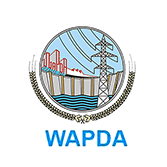




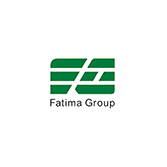



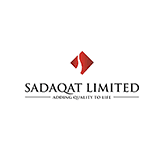
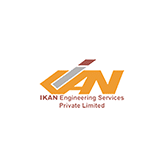

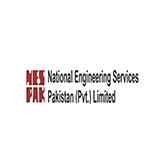

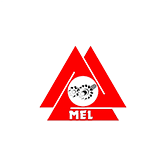






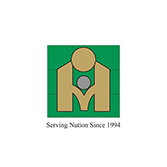
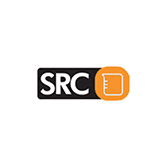
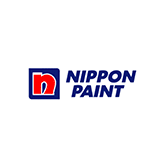
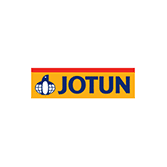
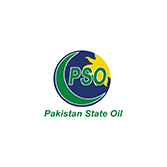



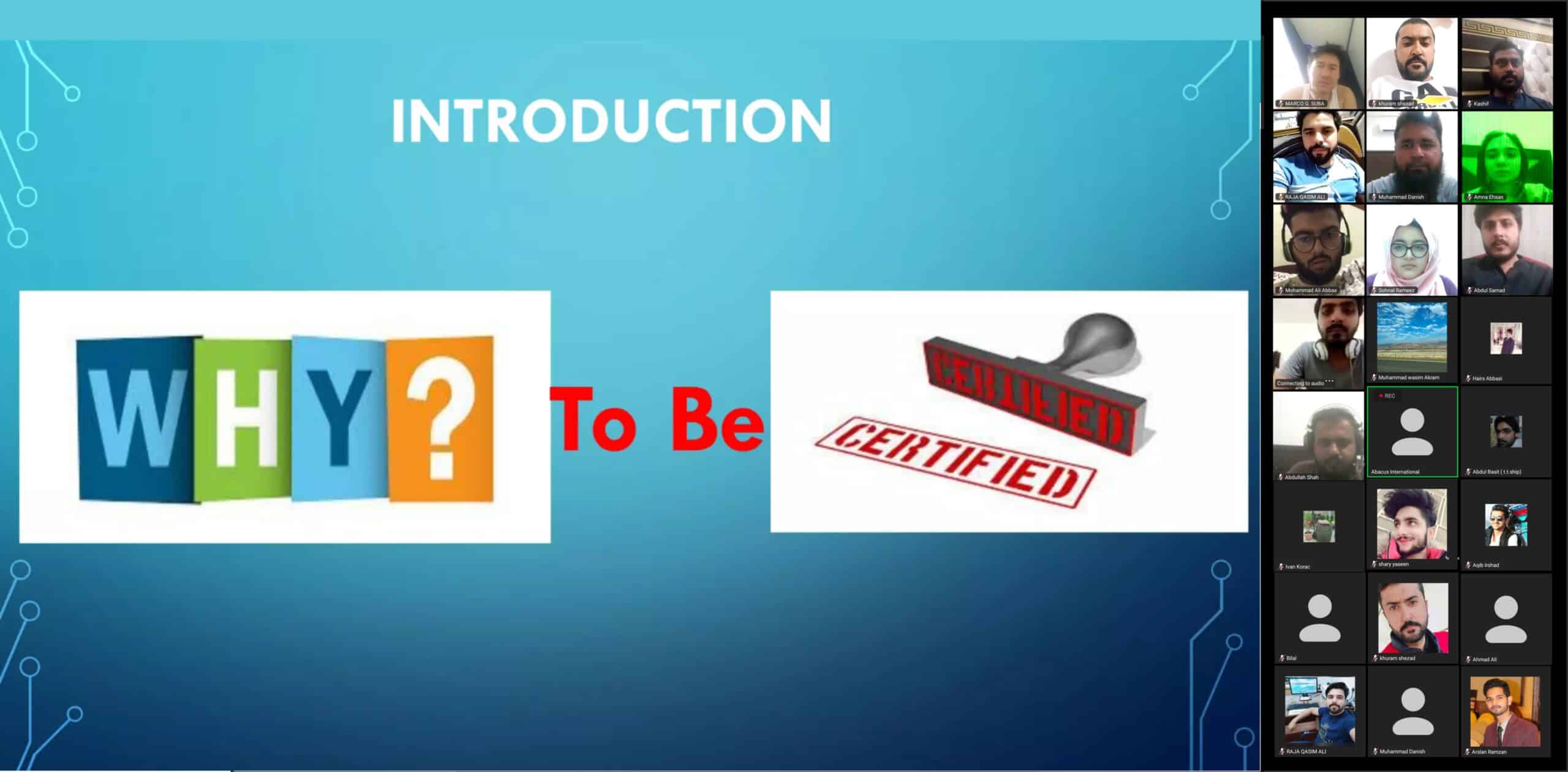

Naeem Subhani is a seasoned Safety Professional with 35 years of professional experience, a diverse skill set, and notable achievements, the individual is a respected authority in the field of safety notably in the oil and gas industry, large construction projects, the telecom sector, and health and safety audits in the textile and garment industry. He possess a wide range of professional skills, including conducting HSE training, audits, job safety analysis, risk assessments, and enterprise risk management. He have also been involved in investigations, emergency and crisis planning, and managing contractors to ensure compliance with HSE requirements.
In terms of qualifications, Naeem Subhani is the 1st Certified Safety Professional (CSP) certification holder in Pakistan, he also has a Diploma in Health & Safety Management, an MBA in Marketing, and an M.Sc. in Mechanical Engineering. His professional achievements include serving as an Ambassador for the Board of Certified Safety Professionals, USA, representing the Middle East and Asia regions, and being the Founder and Former President of the Pakistan Chapter of the American Society of Safety Professionals (ASSP). He have received awards such as the Global Performance Excellence Award from KUFPEC and the KUFPEC CEO Award. He have been actively involved in the drafting of the Health & Safety Act 2018 and organizing conferences in partnership with organizations like ILO, GIZ, and the Employers Federation of Pakistan to raise awareness about health and safety legislation and regulations. He have also conducted fire investigations and worked with the Pakistan Engineering Council on health and safety challenges in the construction industry.
The CSP certification is administered by the Board of Certified Safety Professionals (BCSP), an independent organization that sets and maintains standards for safety professionals.
The ASP certification is an entry-level certification that demonstrates foundational knowledge, while the Certified Safety Professional (CSP) certification is more advanced and requires additional experience. The CSP certification is often considered a progression from the ASP certification.
There are various resources available for CSP exam preparation, including study guides, practice exams, and training courses. BCSP also provides information on the content and format of the exam.
To passing the CSP exam you need to score at least 61%.
The CSP exam covers a range of safety-related topics, including hazard identification, risk assessment, safety regulations, incident investigation, and safety management systems.
Yes, the CSP certification is recognized internationally as a valuable credential in the field of occupational safety.
The CSP certification is valid for five years. To maintain the certification, you need to fulfill certain continuing education requirements.
Yes, the CSP certification can enhance your job prospects in various industries such as construction, healthcare, manufacturing, and more, as it demonstrates your foundational knowledge of safety principles that are applicable across different sectors.
Yes, you can retake the CSP exam if you don’t pass on your first attempt. Abacus International has policies regarding retaking exams, including waiting periods and fees.
Yes, many safety professionals hold multiple certifications in addition to the CSP, such as Certified Industrial Hygienist (CIH) or Certified Safety and Health Manager (CSHM), to further enhance their qualifications and expertise.
You can verify someone’s CSP certification by checking the BCSP website or contacting BCSP directly to confirm their certification status.







Level 3 Qualification
Ideal starting point for people looking to begin a career in health and safety management.
Level 3 Qualification
For those with safety responsibilities in the process industry, such as oil and gas.
Level 6 Qualification
After completing the diploma you are eligible to apply for the Grad IOSH membership.
Level 2 Qualification
A practical programme, full of step-by-step guidance with a sharp business focus.
30 Credit Hours Qualification
Comprehensive safety program designed for anyone involved in the construction industry.
Level 2 Qualification
Ensures customers get consistent, good quality products and services.
Level 2 Qualification
Address all environmental issues relevant to the organization’s business operations.
Level 2 Qualification
Enable you to understand & utilize new international safety standards.
Organizations struggle for excellence, improve quality, increase efficiency, and customer satisfaction in business. One effective way to achieve these goals is to …
The IOSH Managing Safely Certification is a globally recognized qualification designed to provide managers and supervisors with the knowledge and skills to …
What is Workplace Safety? Workplace safety is policies and practices used to provide a safe and secure work zone for Employers and …
In everyday life, unexpected emergencies can arise and need immediate action; having a basic knowledge of first aid is important for everyone. …
A fire extinguisher is a portable tool for extinguishing or controlling small fires. It typically consists of a handle, a nozzle, and …
Every organization realizes how important it is to keep workers safe. That’s why they’re starting safety training programs to promote workplace safety. …
Looking for a way to make a healthy living in younger age? Starting your career in HSE will be a good decision, …
Nowadays every industry is focusing on occupational health and safety for the well-being of their employees. With the increasing emphasis on workplace …